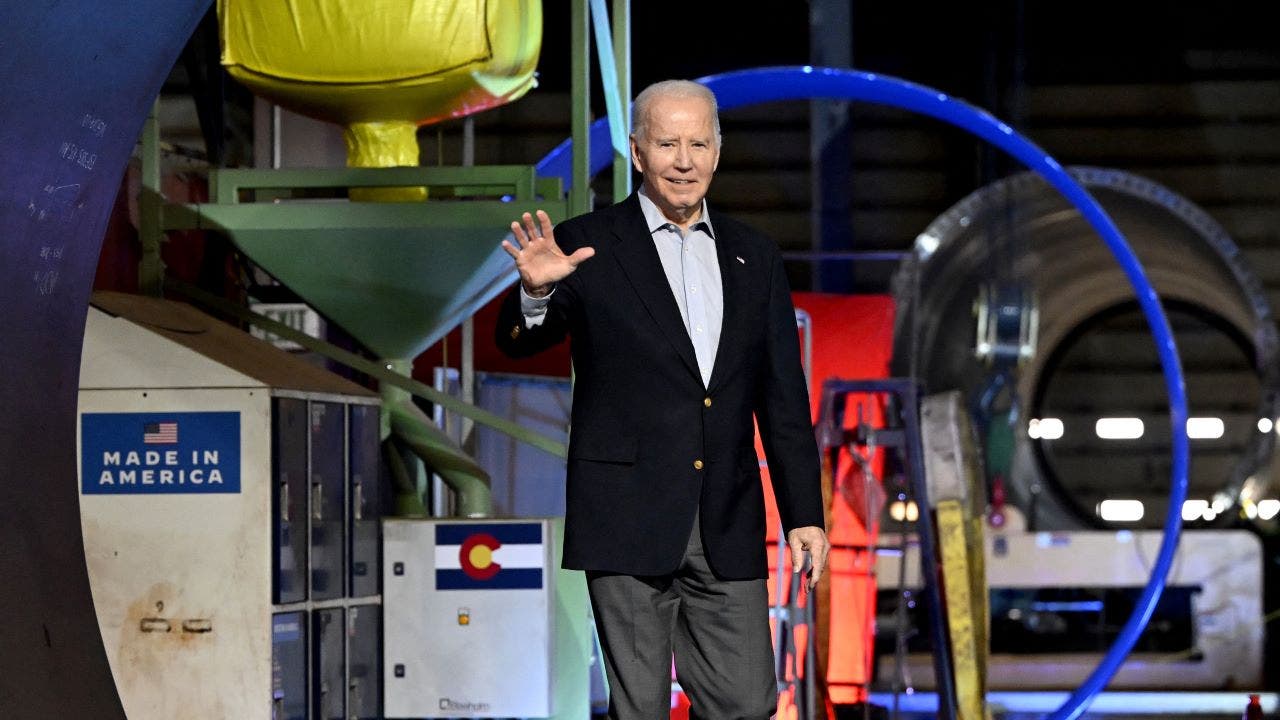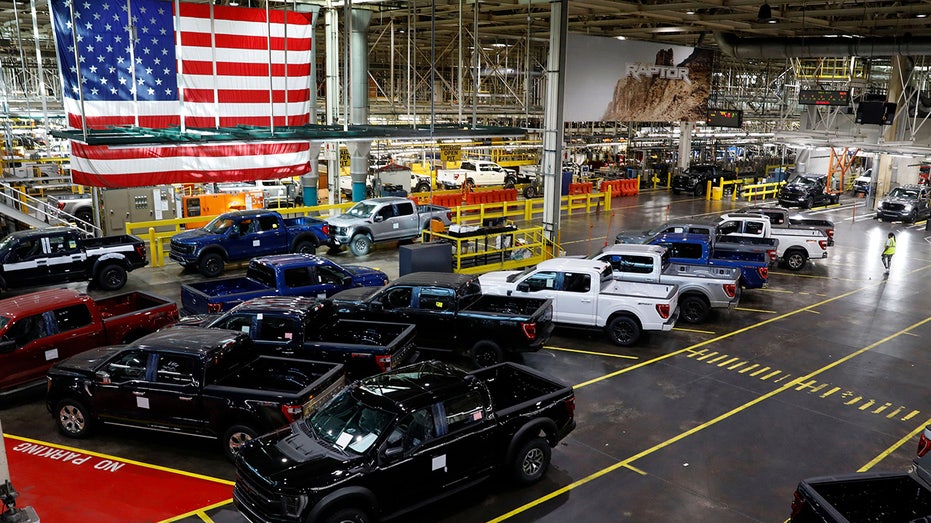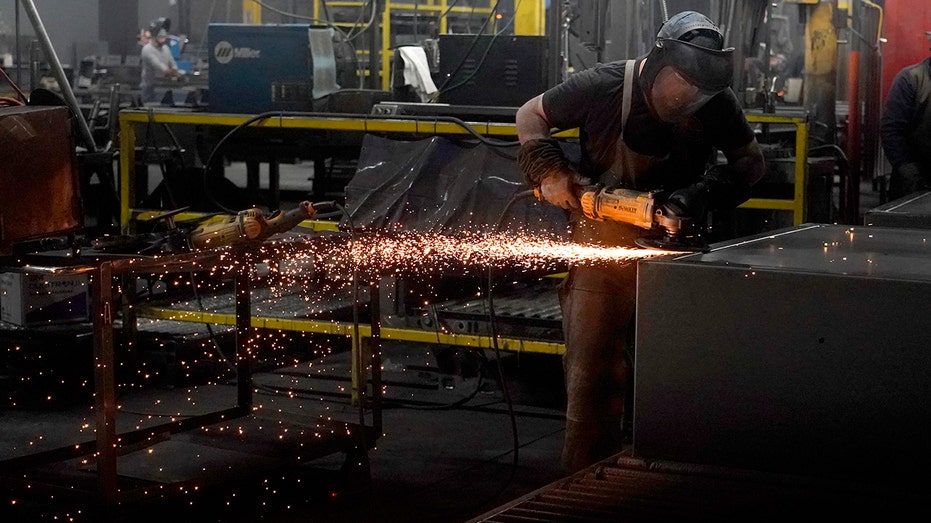Finance
One Biden manufacturing regulation could wipe out up to 1 million jobs, business leader says

President Joe Biden’s Environmental Protection Agency (EPA) recently finalized an air quality rule that the manufacturing industry is warning could wipe out one million jobs and undermine efforts to build new manufacturing facilities in America.
Jay Timmons, president and CEO of the National Association of Manufacturers (NAM), is set to sound the alarm about the regulation in his annual state of manufacturing address on Thursday in Roseville, Michigan, according to an advance copy of his remarks provided to FOX Business.
“In his State of the Union Address next month, President Biden will probably take credit for what manufacturers have achieved. That’s fair. I know he cares deeply about manufacturing,” Timmons explained. “As he often says on the road, ‘This nation used to lead the world in manufacturing, and we’re going to do it again.'”
“But what he won’t tell you is that his federal agencies are, at this very moment, working to undermine his manufacturing legacy – those agencies are undermining your success. In fact, just two weeks ago, they announced one big regulation that could wipe out up to 1 million jobs,” Timmons warned. “It’s referred to as National Ambient Air Quality Standards or PM2.5.”
FORD, GM CEOS OPEN TO PARTNERSHIPS TO COMPETE WITH CHINA
“It’s not the name that matters. It’s the consequences. It’s stricter than rules they have even in Europe. And in vast portions of the country, we will barely be able to build new manufacturing facilities as a result,” Timmons added.
The EPA initially proposed the regulation in January 2023 and issued a final version of the rule this year on Feb. 7. The rule tightens the NAAQS for fine particle pollution or PM2.5, which refers to particulate matter two and a half micrometers or less in diameter, by lowering the air quality standard from 12 micrograms per cubic meter to 9 micrograms per cubic meter.
EPA Administrator Michael Regan said in announcing the rule that the “final air quality standard will save lives and make all people healthier, especially within America’s most vulnerable and overburdened communities.” The EPA says the revision will prevent “up to 4,500 premature deaths and 290,000 lost workdays, yielding up to $46 billion in net health benefits in 2032.”
MANUFACTURERS TO EPA: WE’RE LEADING AIR QUALITY GAINS, WE DON’T NEED MORE RULES

Timmons warned that Michigan – a key swing state with a large manufacturing base – could feel the brunt of the new regulation and that the impact on manufacturers will be felt throughout the Great Lakes State.
“Michigan would be one of the states hit hardest. And if new manufacturing investments dry up, that spills over to the rest of the state economy. It affects the family trying to sell their home, the teacher hoping for new investments in schools, the students looking for job opportunities here in the state,” Timmons warned.
“And to what end? You cannot solve the world’s environmental challenges by driving manufacturing investment away from the United States to countries with lower standards,” he added.
BOEING TO STABILIZE 737 PRODUCTION LATER THIS YEAR, EXEC SAYS

Timmons also touted the growth of the manufacturing industry in recent years and said that artificial intelligence (AI) could drive a new era of innovation, investment and productivity that bolsters America’s economy through the rest of this decade and beyond.
“The state of the manufacturing industry depends on the people in it. And we are now 13 million strong – the largest in more than 15 years. If we can continue on this trajectory, this resurgence, imagine what the state of manufacturing might look like in 2030 at the end of the decade,” Timmons explained.
“Artificial intelligence may unlock new superpowers for American workers. We might reach a point where no other country can keep up with our productivity or the pace of innovation. Manufacturing investment could flock to our shores even faster,” he added.
However, Timmons warned that burdensome regulations like PM2.5, failing to make legal immigration easier, trade barriers, looming tax hikes and rising geopolitical risks to U.S. national security could dim those prospects.
“That is why I can report that the state of manufacturing in America today remains strong and resilient but under threat,” Timmons explained.
Read the full article here


















